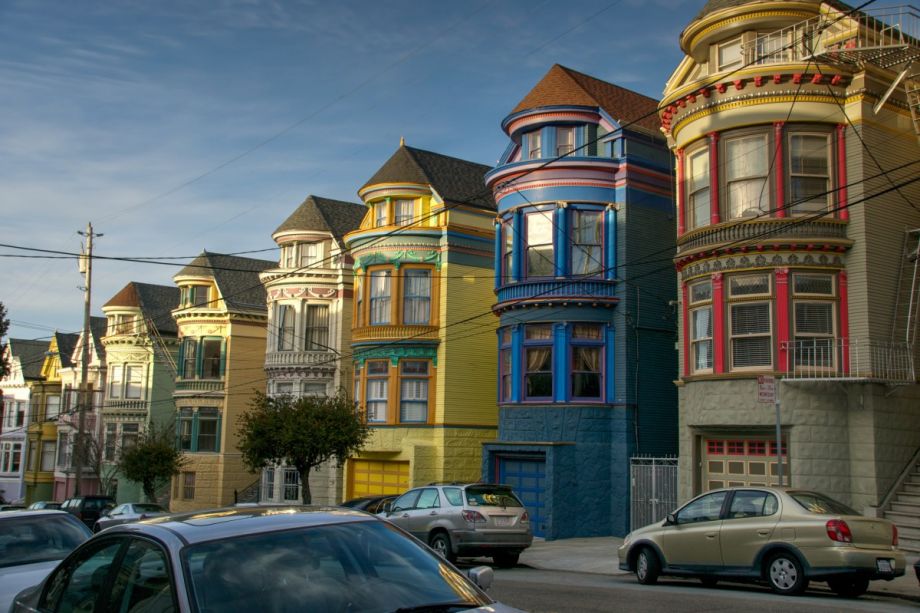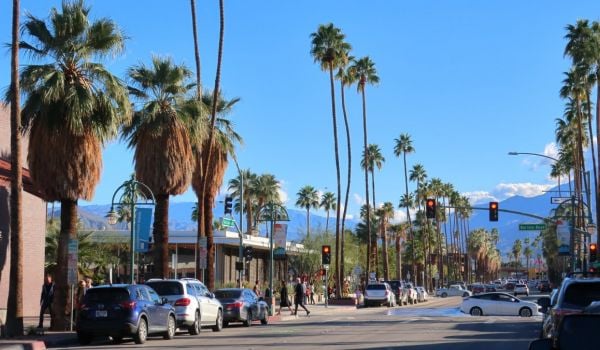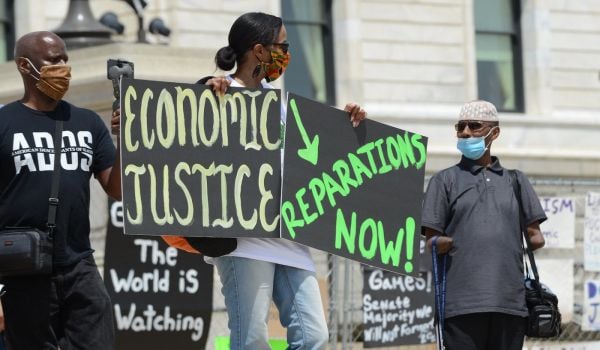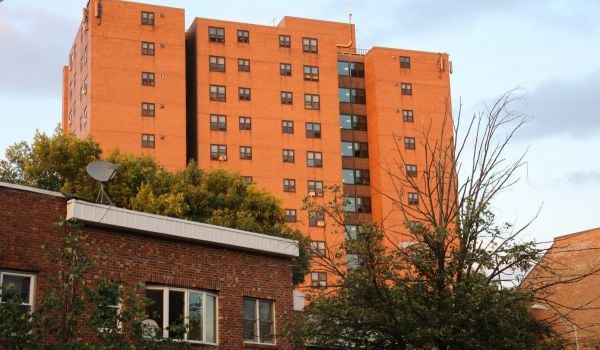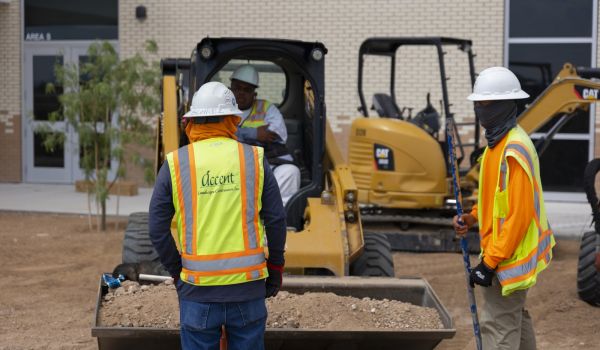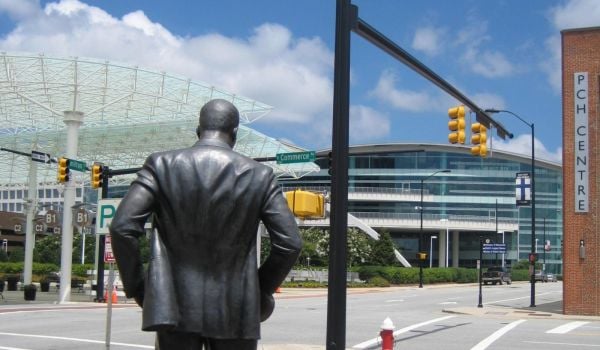A decade ago, in the depths of the Great Recession, Leigh Ferrin first came to work at the Public Law Center, which provides pro-bono legal services to low-income residents of Orange County, California. In helping clients deal with debt collection, bankruptcy and foreclosure, she noticed that it was no longer just banks staring her clients down from the other side of the table, looking to be repaid — it was private equity firms mining for profits.
“We serve low-income people, so the fact they were able to purchase a house was a huge accomplishment, and there was the emotional trauma of losing that,” says Ferrin.
House flipping or investing in rental properties was around before the Great Recession, but, with the entry of private equity firms into the single-family market, the scale it reached during the Great Recession was unprecedented. Before 2010, corporate landlords didn’t exist in the single-family market; by March of this year, Wall Street had acquired $60 billion worth of distressed or foreclosed properties across the country, representing hundreds of thousands of homes.
Most of those properties became rentals. Between 2006 and 2012, the number of owner-occupied housing units in California declined by more than 320,000, while the number of renter-occupied housing units increased by more than 720,000, according to the Public Policy Institute of California. In 2006, only 21 percent of occupied single-family houses in California were rented; by 2012, the share of houses occupied by renters had increased to 26.0 percent.
And now, in the wake of the COVID-19 pandemic and recession, big-money real-estate investors are poised to launch a “once in a generation” wave of investment for the second time in a generation.
But cities and states have learned from the Great Recession, too. In California, Governor Gavin Newsom just signed SB 1079, intended to make it more difficult for big-money investors to buy up foreclosed properties en masse. Among other changes, the bill prohibits the bulk sale of foreclosed properties. Bulk sales are more attractive to investors, instead of negotiating property-by-property they can buy dozens, sometimes hundreds or even thousands of properties at a time. It works better for the lenders, too — after foreclosing on a bunch of homes, they can shove the properties off their balance sheets more efficiently in bulk.
“I wouldn’t say it’s quite leveling the playing field,” Ferrin says, but, “It’s giving [our clients] a chance.”
Wall Street’s appetite for single-family rental housing was largely a result of actions by the Department of Housing and Urban Development during the Great Recession. The agency faced an unprecedented wave of foreclosures on mortgages insured by its subsidiary the FHA, the Federal Housing Administration. The cumulative mortgage insurance payout would have been more than the FHA had in cash reserves, and while Congress could have decided to cover the difference, it chose to maintain a policy for the FHA to be financially self-sufficient.
So in 2010, rather than foreclosing on all the delinquent mortgages covered by FHA insurance, HUD started auctioning off the mortgages to the highest bidder. Since then, the agency has auctioned off more than 100,000 distressed mortgages — those that are at least one year behind on payments.
For similar reasons, in 2014 and 2015 Freddie Mac and Fannie Mae respectively launched similar programs to auction off distressed mortgages in their portfolios, which combined cover two-thirds of all mortgages in the country. Together they’ve sold more than 120,000 distressed mortgages to the highest bidder.
Buying distressed mortgages isn’t the same as buying foreclosed properties, but in about half the cases, foreclosure is the end result, and the investor can re-sell the property or rent it out. The biggest buyers in these auctions have been familiar private equity giants — Blackstone, Lone Star, Angelo Gordon. These purchases invited private equity firms into the single-family market, where they figured out how to make it into a profitable investment through rentals and property management.
Not all buyers in these auctions have been private equity firms. Bowing to pressure from community groups and housing advocates to stop selling these mortgages to private equity firms, HUD, Freddie Mac and Fannie Mae started conducting special auctions in which the pools are tailored to mission-oriented buyers. The pools are smaller, just a few dozen mortgages, and geographically concentrated — it makes it easier to reach out to homeowners or tenants after the sale in order to start the loan modification process.
New Jersey Community Capital, Hogar Hispano, and Mercy Housing are three nonprofits or subsidiaries of nonprofits that have managed to win some of the special distressed mortgage auctions — Freddie Mac calls them “extended timeline pool offerings,” and Fannie Mae calls them “community impact pools.”
A collaboration sponsored by the City of New York won a pool of 38 mortgages from Fannie Mae in a 2017 community impact pool auction. As of December 2019, none of those mortgages were in foreclosure.
But private equity buyers also may bid on community impact pools or extended timeline pool offerings, and they have won a few of those auctions as well.
While HUD has not held an auction since 2016, Freddie Mac and Fannie Mae continue to offer them. Freddie Mac has $534 million in distressed mortgages on the auction block right now. Based on previous data, that amount represents around 3,000 distressed mortgages. The auction includes five pools, one of which is an extended timeline pool offering. California’s SB 1079 doesn’t directly address auctions held by HUD, Fannie or Freddie. But advocates believe that by preventing the bulk purchase of foreclosed homes in the state, they can at least make single-family homes a less attractive investment.
Preventing bulk foreclosure sales isn’t the only thing SB 1079 does, however. When a lender forecloses on a property, it becomes responsible for its upkeep.
SB 1079 increases the allowable fines levied against vacant property owners for failing to maintain those properties — from up to $1,000 for each day that the owner fails to maintain the property to up to $2,000 per day for the first 30 days, and up to a maximum of $5,000 per day thereafter. But it’s still up to local governments to set their fines within those maximums and to enforce them.
But that’s not all.
For single-family properties (technically including up to four units), SB 1079 also contains provisions that require notice be made to tenants specifically and to the public in general that a real-estate owned (REO) property owner has accepted a bid for sale. Tenants specifically must be notified that they have an opportunity to match the bid offered on the property.
There is also a list of “eligible buyers” who also have the opportunity to match a bid offered, which includes nonprofits, cooperatives, affordable housing developers, and community land trusts.
It’s similar to the Tenant Opportunity to Purchase laws or community opportunity to purchase laws that exist in Washington D.C. or San Francisco and proposed in other places. Here it applies only to REO properties, some of which may be renter occupied even if their landlord has lost the property to foreclosure.
Ferrin is optimistic that some of her organization’s tenant clients might be able to take advantage of the new legal framework.
“Even if it isn’t thousands upon thousands of houses, just a few make a difference,” says Ferrin. “It’s so much better if you can keep these homes in the hands of existing community members.”
This article is part of The Bottom Line, a series exploring scalable solutions for problems related to affordability, inclusive economic growth and access to capital. Click here to subscribe to our Bottom Line newsletter.

Oscar is Next City's senior economic justice correspondent. He previously served as Next City’s editor from 2018-2019, and was a Next City Equitable Cities Fellow from 2015-2016. Since 2011, Oscar has covered community development finance, community banking, impact investing, economic development, housing and more for media outlets such as Shelterforce, B Magazine, Impact Alpha and Fast Company.
Follow Oscar .(JavaScript must be enabled to view this email address)



